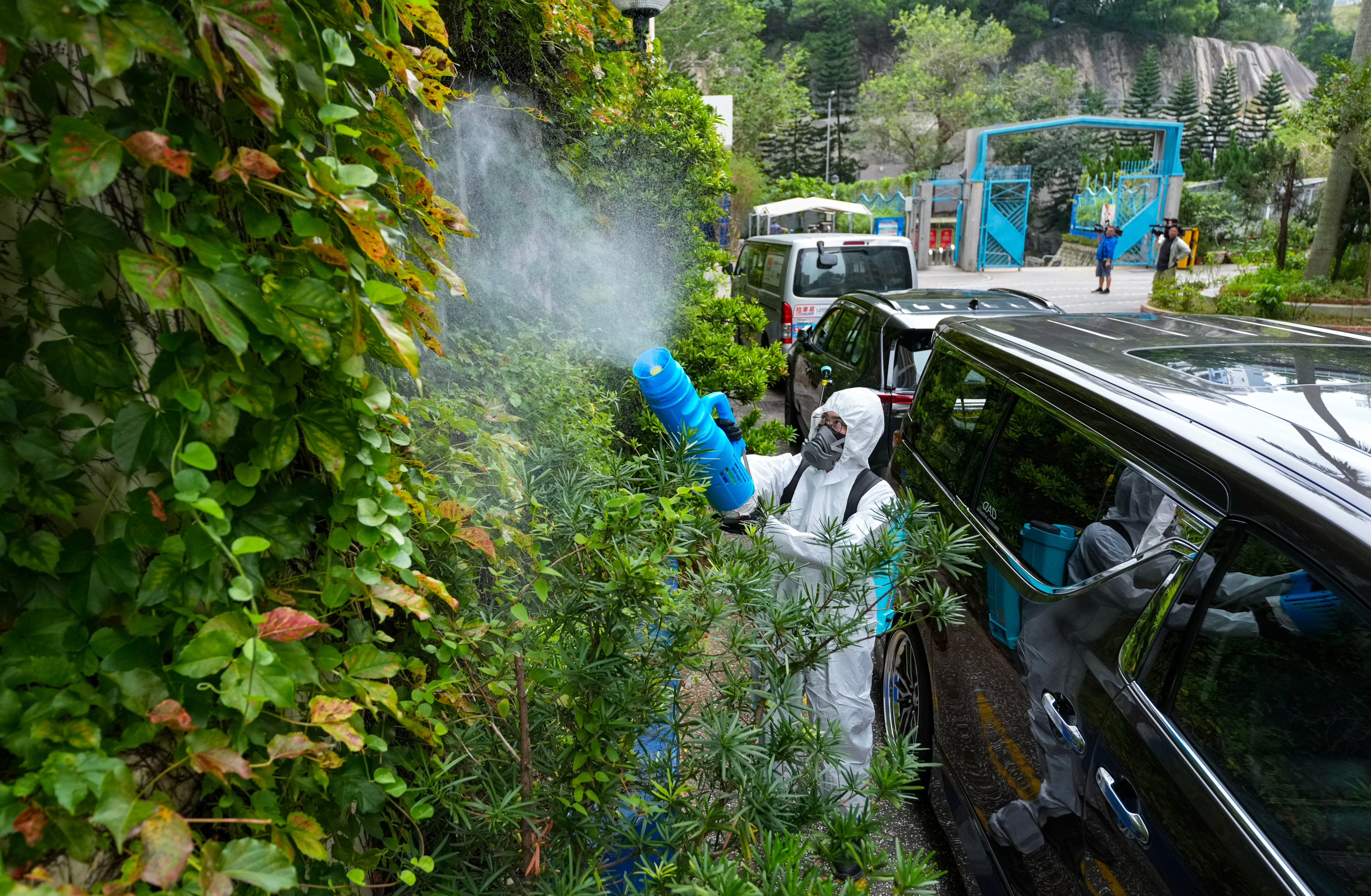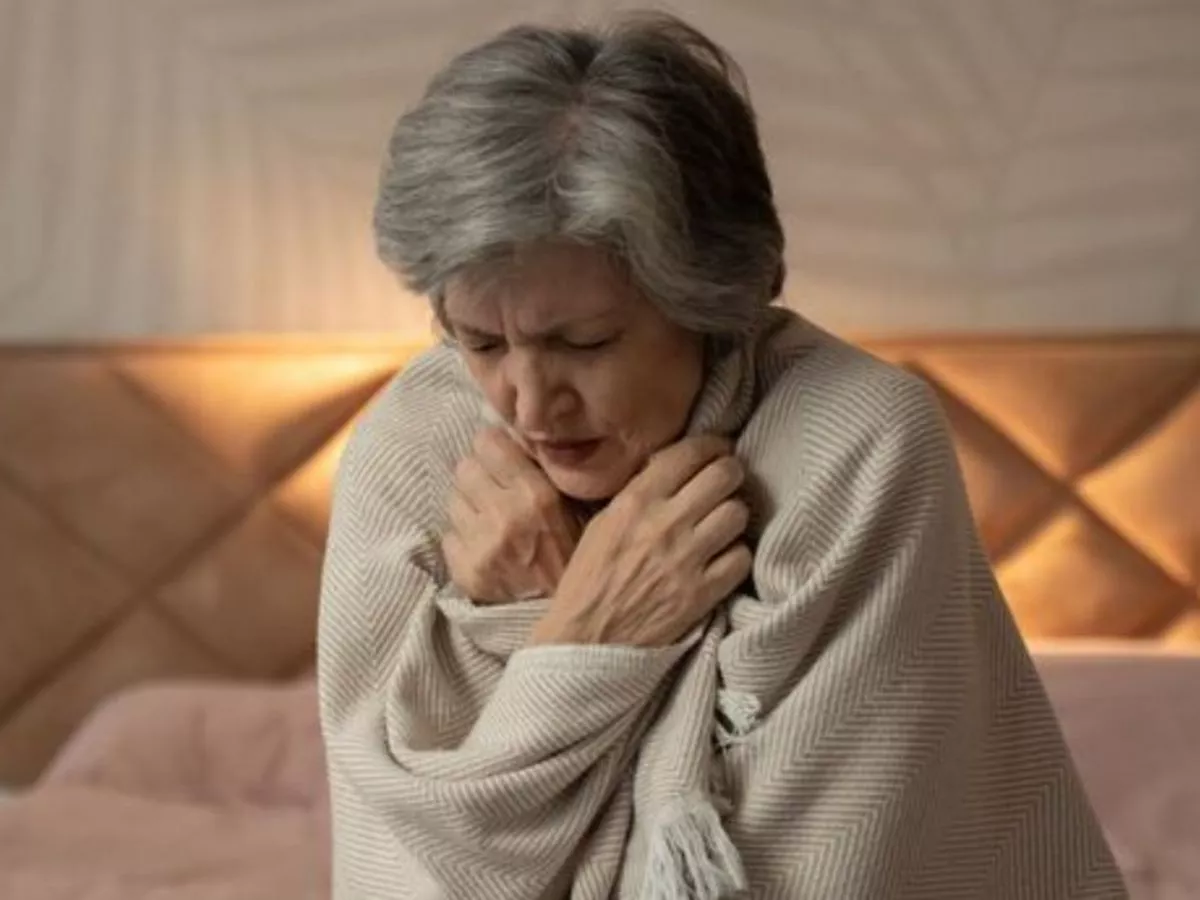Copyright scmp

Hong Kong could face a higher risk of chikungunya fever spreading during the coming National Games as an outbreak across the border had yet to be brought under control, a leading infectious disease expert warned on Thursday, calling on the city to take preventive measures. Professor Jasper Chan Fuk-woo, of the University of Hong Kong’s department of microbiology, said that while the situation had improved compared with a peak in infections recorded earlier in mainland China, chikungunya transmissions in Guangdong province had not been brought under control. He said the University of Hong Kong-Shenzhen Hospital frequently received cases of chikungunya infections, including locally acquired ones and those infected elsewhere. “There was a period when the situation was very serious, with hundreds or even more cases reported every day. The situation is gradually being controlled but it is not yet completely under control, which will take time,” he told the Post. Chan said Hong Kong would face risks of transmissions of the mosquito-borne disease during the National Games to be co-hosted by the city, Guangdong and Macau from November 9 to 21. “With the increased traffic flow between the mainland cities of the Greater Bay Area and Hong Kong and more frequent trips of Hongkongers to other cities within the bay area, the risks will inevitably become higher,” he said. “We don’t see a large-scale outbreak in the foreseeable future, but we must be careful because this is a major event.” Chan said the local control of transmissions and the measures taken by athletes and spectators to protect themselves were important. He urged the city to take measures to prevent the viral disease from spreading, including investigating local cases and controlling infections. Chan noted that compared with some other mosquito-borne diseases which were asymptomatic, at least two-thirds of chikungunya fever patients developed symptoms such as fever as well as muscle and joint pain. He called on residents as well as cross-border travellers with symptoms to seek medical attention and get tested as soon as possible, which he said could help control transmissions. Chikungunya fever is a viral disease transmitted by the Aedes aegypti mosquito, with an incubation period of about two to 12 days. Although rarely fatal, it can cause fever, rash and joint pain. Authorities urged residents to use insect repellents containing DEET or other active ingredients effective against mosquitoes and seek medical advice promptly if they developed relevant symptoms. Despite Chan’s warning, another infectious disease specialist, Dr Wilson Lam Wai-shun, dismissed such concerns as the temperature was dropping gradually. But he suggested visitors from Guangdong take preventive measures against mosquitoes during the Games. “The weather will be cooler by then and there will be fewer mosquitoes. The risk of chikungunya fever transmissions will be lower in both Guangdong and Hong Kong,” he said, adding that the disease was not transmitted from human to human. He added that the risks during the Games would be lower than they were during the National Day “golden week” holiday earlier this month, when traffic flow was heavier and the weather was hotter. Authorities have been on high alert after an 82-year-old woman living in Fung Tak Estate in Diamond Hill became the city’s first locally acquired case when she was diagnosed last Thursday. Chief Executive John Lee Ka-chiu on Tuesday pledged to make every effort to eliminate mosquitoes to ensure that the disease did not take root locally. Lee pointed to government efforts, including intensive mosquito control and the removal of stagnant water within a 250-metre (820-foot) radius of the woman’s home, as well as inspections of high-risk areas such as construction sites. As of Thursday, the city had recorded 52 confirmed cases of chikungunya so far this year.



